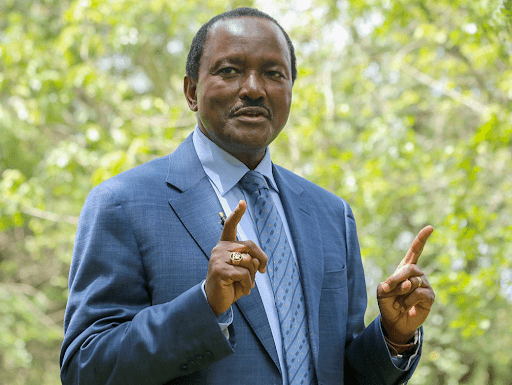Missed timelines, inability of the parties to sufficiently coordinate, cooperate, collaborate, compromise and forge consensus are hampering the implementation of the South Sudan peace process.
This is according to the chairman of the Reconstituted Joint Monitoring and Evaluation Commission, which has decried the slow implementation of the peace agreement three years on and roughly halfway through the transitional period.
Speaking during the 19th JMEC monthly meeting on September 23, Maj Gen (Rtd) Charles Tai Gituai said non-completion of the unification of forces, including non-agreement on the command structure and force ratios, absence of any redeployment of the trained component of the necessary unified forces has contributed to the worsening security.
Gituai further noted that due to the slow pace of implementation of the revitalised peace agreement, the South Sudanese population, stakeholders and peace partners are expressing increased levels of frustration.
He said non-completion of the unification of forces compounds public frustration with the parties, and undermines confidence in the peace process.
Gituai also said lack of funding and resources for cantonment sites, and training centres and limited funding and resources to the DDR process, which is a critical and essential component of the stabilisation of the country, was also a concern.
“There are growing concerns over the worsening security situation. This includes CTSAMVM [Ceasefire and Transitional Security Arrangements Monitoring and Verification Mechanism] reports of violence in different parts of the country, such as the clashes between sections of SPLA-IO in Magenis.
“Furthermore, there have been distressing reports of violence between Balanda and Zande communities, in Tambura, Western Equatoria State, resulting in deaths of many civilians, including women and children, and internal displacement of some 80,000 civilians,” the chairman added.
September 12 marked three years since the Revitalised Agreement on the Resolution of the Conflict in the South Sudan came into force.
The transitional period is expected to end in February 2023, preceded by elections conducted 60 days prior, under a new Permanent Constitution.
The insecurity on the Juba–Nimule road, and other main transport routes, was flagged as an issue that must be addressed as a matter of urgency, as they are lifelines which underpin not only the normal functioning of the economy, but are also critical for humanitarian service delivery to those in dire need of aid.
Late August, there was looting of humanitarian supplies in Central Equatoria State, destruction of NGO property, abduction of civilians and the rape of a 12-year-old girl at Nyore IDP Camp in the Lasu area, according to CTSAMVM reports.
“There are recent attacks which have been attributed to the holdout groups, which CTSAMVM are investigating. While RJMEC remains concerned with the non-implementation of the Rome Resolutions, we appeal to the Parties concerned to resume negotiations under the auspices of the Community of Sant’Egidio, which offers the opportunity to find a lasting solution,”Gituai said.
Kenya's Special Envoy to South Sudan Kalonzo Musyoka told the Star in an interview that there is an urgent need to unify the necessary unified forces, which started with the process of cantonment, and then screening.
"After screening, they look at those who need to be retired and at demobilisation. Then others will form the VIP protection, which is about 3,000 men. That process has been slow and complicated by Covid-19 but they are moving slowly. We keep telling them they must have one national army. They are struggling with other issues but the country is moving forward slowly," Kalonzo said in his Nairobi office.
He, however, said he was happy they have sworn in a new parliament.
On September 15, UN Secretary-General’s Special Representative for South Sudan and Head of the United Nations Mission in South Sudan Nicholas Haysom presented to the Security Council the latest report on the situation and outlined the latest developments in the country, including the reconstitution and inauguration of South Sudan’s Parliament in August.
“These positive steps must now be complemented by the reconstitution of the subnational state legislatures,” Haysom said, adding it will pave the way for a much-delayed charge on the legislative programme envisaged by the Revitalized Peace Agreement.
He, however, warned that unless there are adequate technical and political preparations, the election could be a catastrophe instead of a national turning point.
The special representative also cited an increase in subnational violence, the proliferation of weapons and a recent fracture within the Sudan People’s Liberation Army in Opposition (SPLA-IO) — a signatory of the Revitalized Peace Agreement — which has only exacerbated the imbalance between the main parties.
Security Council members called on the South Sudanese leaders to accelerate the implementation of the revitalized peace agreement, especially its security-related provisions.
Kenya’s Permanent Representative Ambassador Martin Kimani, also speaking on behalf of A3+1 (Niger, Tunisia and Saint Vincent and the Grenadines) called for an immediate end to violence and urged all the parties to implement IGAD recommendations.
During the debate the US called on the parties to urgently follow through with the peace deal implementation, including preparations for free, fair and peaceful elections.










